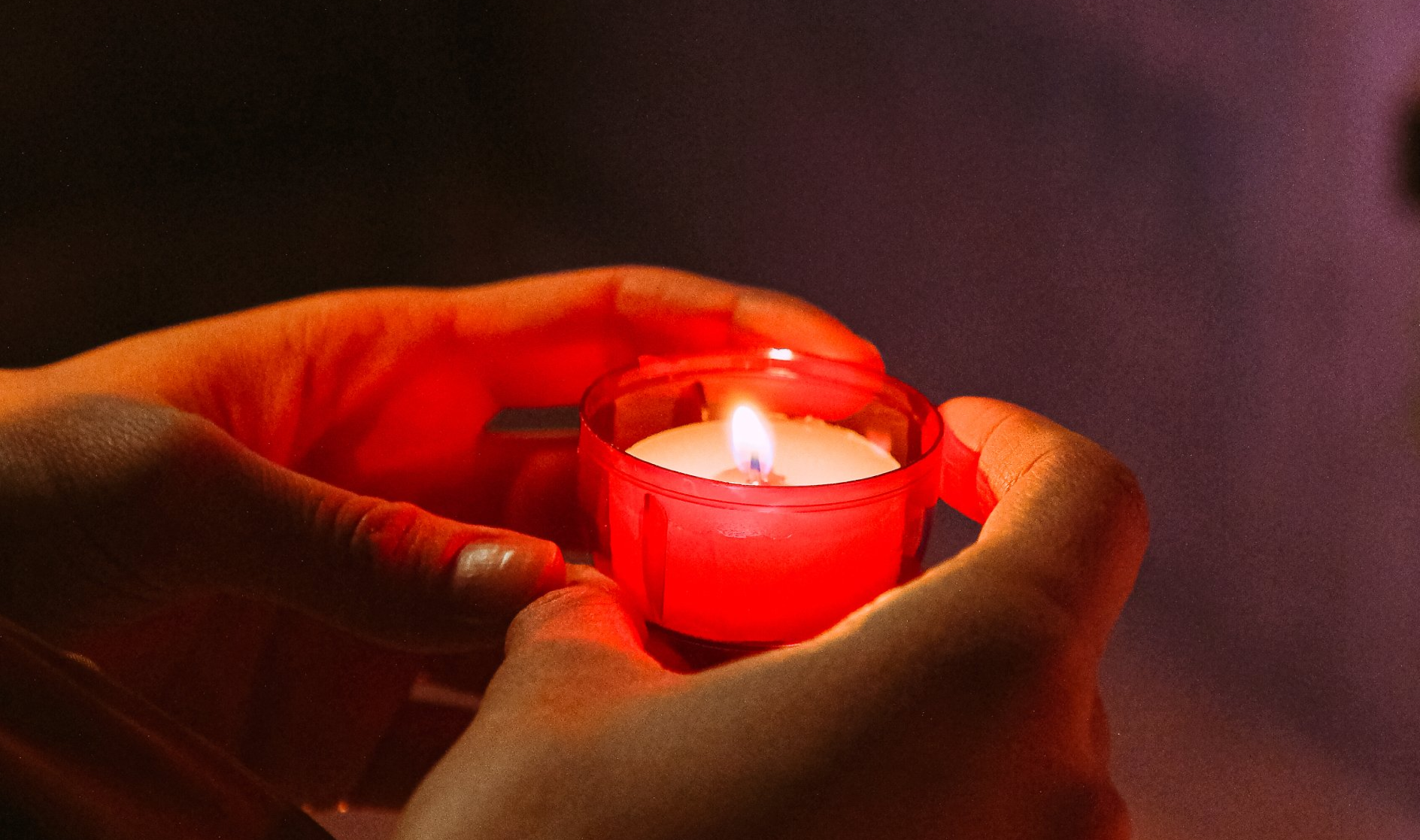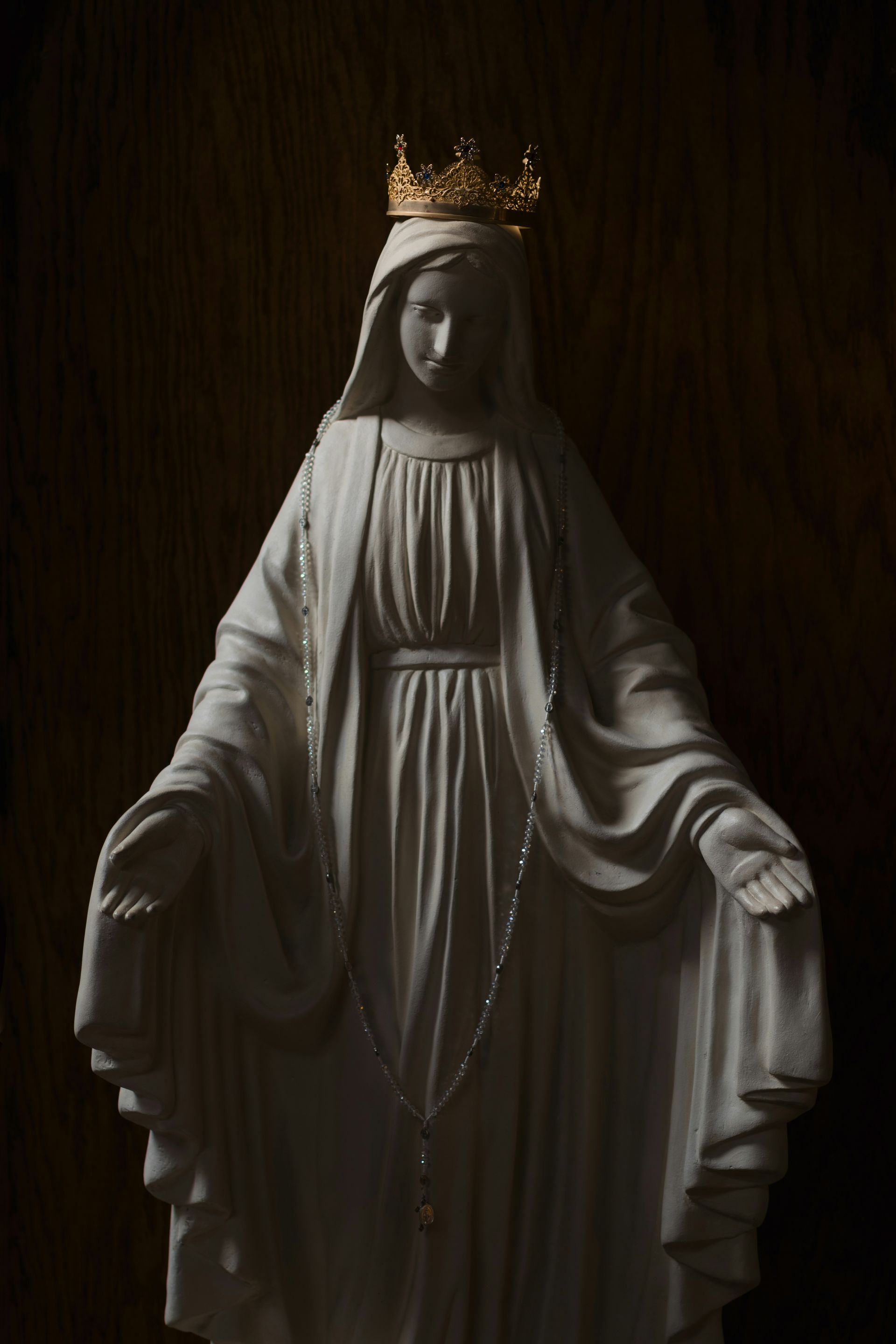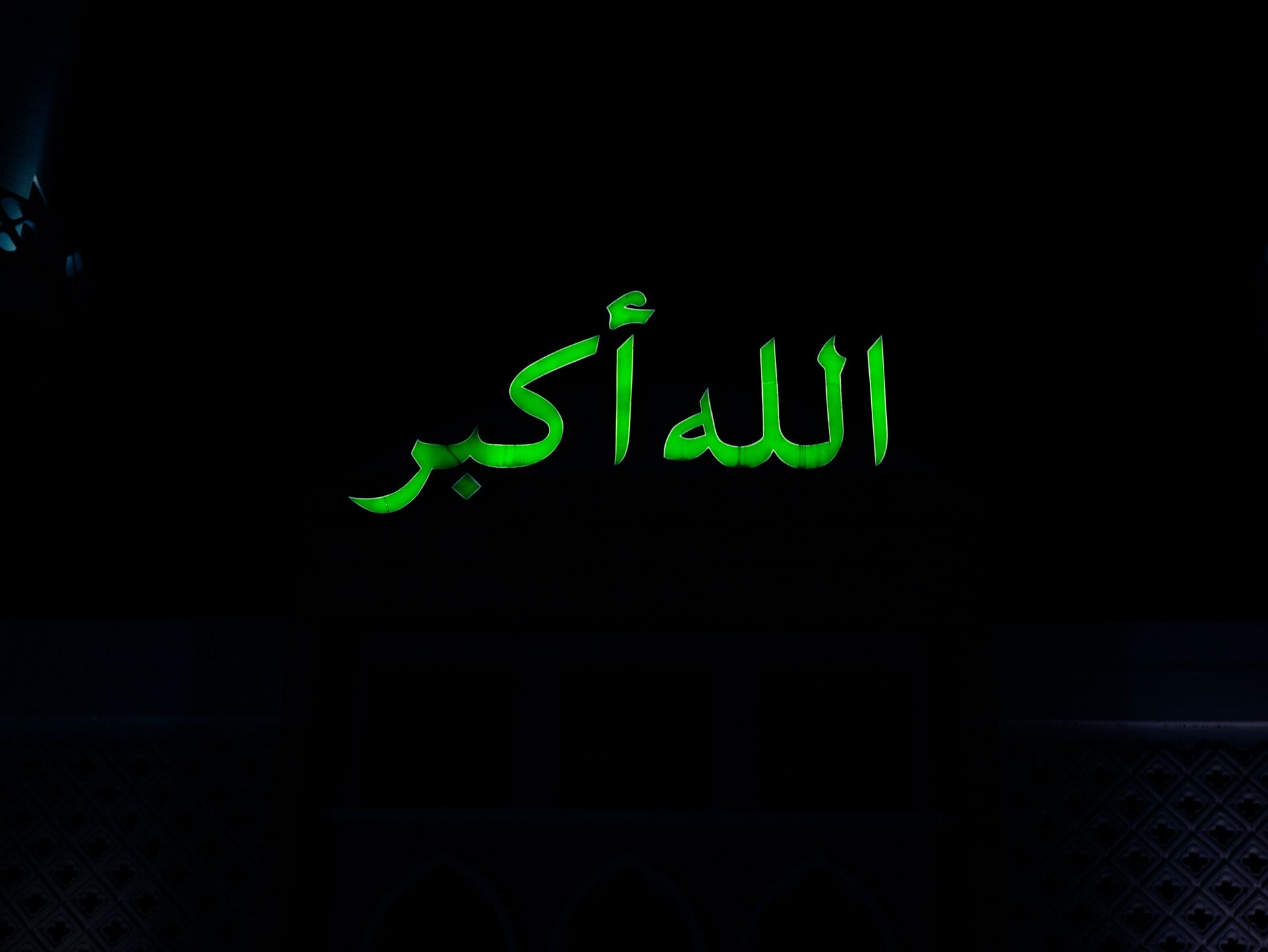Monday - November 14, 2022
SCRIPTURE
2 Corinthians 4.18
…We fix our eyes not on what is seen, but on what is unseen, since what is seen is temporary, but what is unseen is eternal.
WORDS OF HOPE
Hope Breaks Forth
It has now been years since we first became aware of the presence of a pandemic in our world. Much progress has been made, but many of us still have not availed ourselves to the latest booster shots to lessen the possibility of contracting a variant of the covid virus. Whenever our usual life pattern is thrown for a loop, we hope for a return to normal, but generally we try to devise a way out of current problems, loss and uncertainty. "How can I get out of this pickle and get into something even better than the past?"
The same can be applied to our seemingly endless political turmoil. The generations prior to Jesus' birth also tried to find a way to get out of their subjugation by Roman occupation which had caused their social and religious despair. Referring to their earlier written prophets, they hoped for the appearance of a man who would be anointed by God's power to defeat the Romans and liberate Israel to its former well-being. They hoped that this Messiah would be a strong warrior to lead an army against Roman and corrupt Jewish authorities. He would do amazing things and restore justice, security and prosperity for Israel.
However, several attempts by "would be messiahs" and their band of fighters always ended in defeat and usually crucifixion. Human plans for liberation from this period of troubles always ended in failure. "Where, O God, are you in this. Why not send your mighty warrior Messiah?" Often, the workings of God may be mysterious, but they always bring good to those who are faithful.
Once again, this bit of Jewish history has a direct application for our lives in the Covid pandemic. How do we manage our hopes and plans to make it through the time of uncertainty and loss? We might plan our solution to these problems but a better path for the Christian involves working with God to advance the divine solution. But, if God's ways are often mysterious, how will I know what to do or what to hope for? Our plan of action, or hope for a solution, must be founded in our absolute trust in God's goodness. Commit to God the matter of how it will happen and when things will improve.
On all matters, including politics and health, we must be obedient to God, continue our hope with prayer and trust God's action. Listen attentively to God's voice; then, you will know what your part is in God's workings through these times of trouble. Our obedience to God is based in our persistent hope and action which are founded in a trust of God's goodness.
PRAYER
Eternal Bringer of Hope, may we fix our eyes not on what is seen, but on what is unseen, since what is seen is temporary, but what is unseen is eternal. Amen
DEVOTION AUTHOR
Donald (Luke) Day
Order of St. Francis and St. Clare
Need More Inspiration? Read our Daily Devotions






